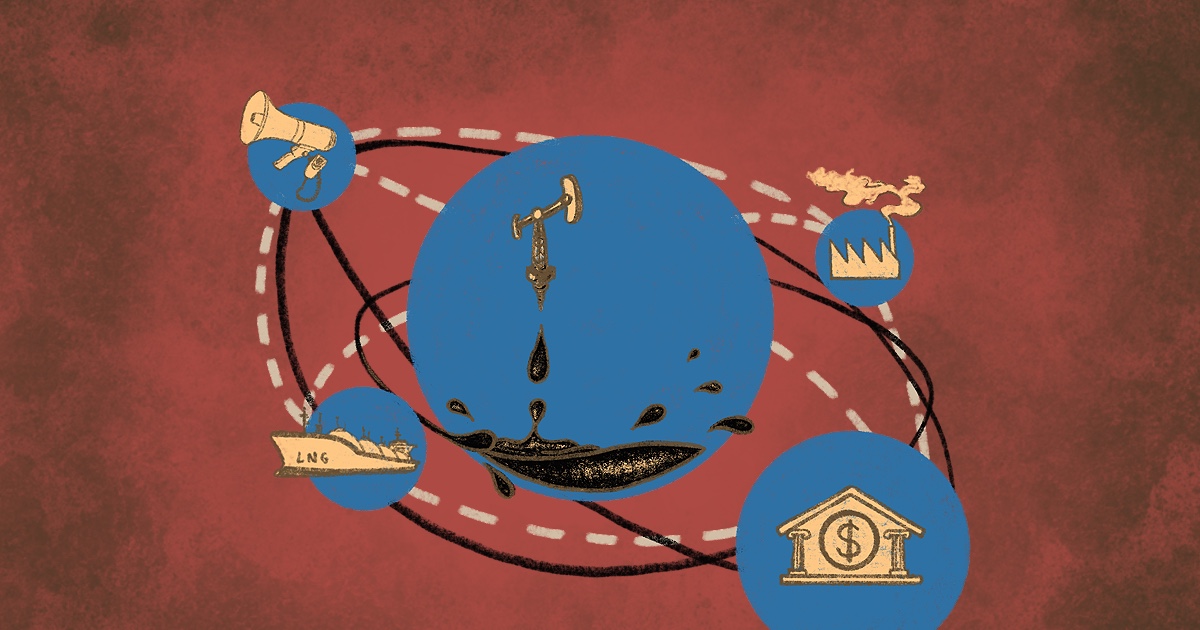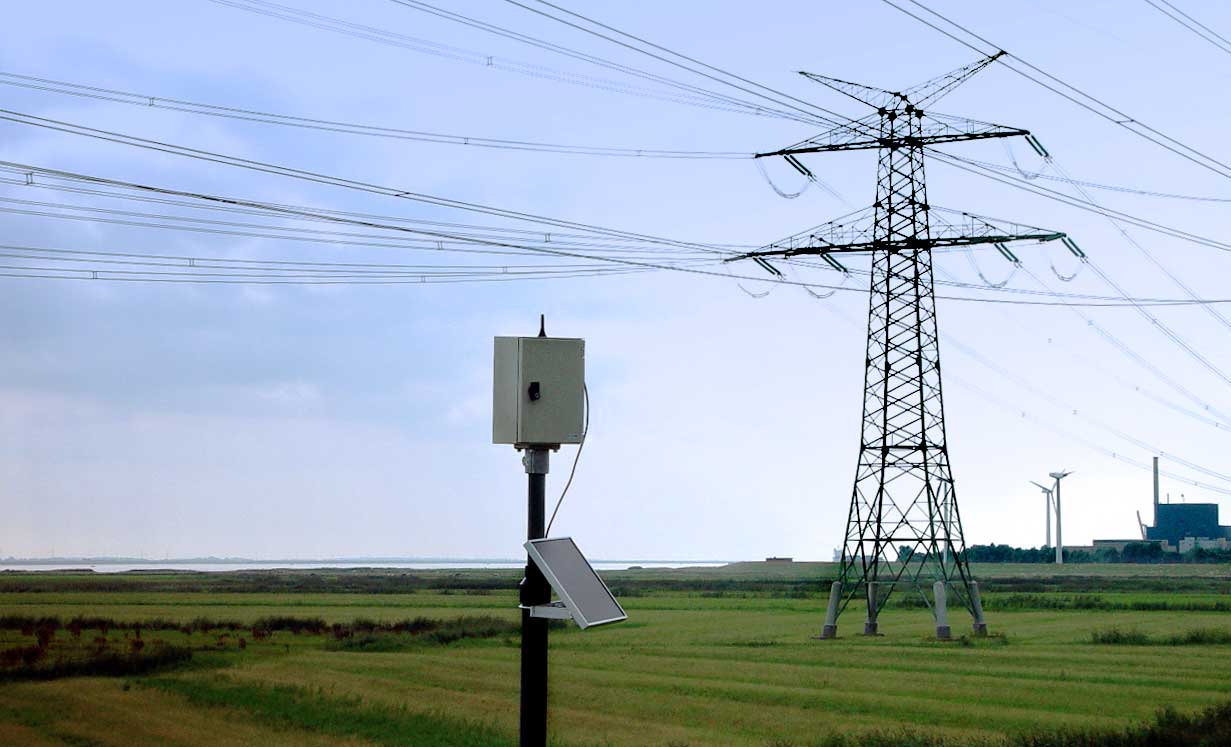BMW And Porsche's China Challenges: A Broader Industry Issue

Table of Contents
Intense Competition and the Rise of Domestic Brands
The Chinese automotive landscape is undergoing a dramatic transformation, largely fueled by the rapid ascent of domestic brands. This intense competition is forcing established players like BMW and Porsche to rethink their strategies.
The Growing Strength of Chinese Automakers
Chinese automakers, such as BYD, NIO, and Xpeng, are no longer just emerging players; they're formidable competitors. Their success is driven by several factors:
- Successful Chinese EV Models: BYD's range of electric vehicles, for example, offers compelling performance and features at competitive prices, significantly impacting the market share of traditional luxury car manufacturers.
- Technological Innovation: Chinese automakers are investing heavily in research and development, incorporating cutting-edge technologies like advanced driver-assistance systems (ADAS) and innovative battery technologies.
- Government Support: Government subsidies and incentives for domestic brands are providing a significant competitive advantage.
- Competitive Pricing Strategies: Chinese manufacturers often offer vehicles with comparable features at significantly lower prices than their international counterparts.
Premium Segment Pressure
The pressure on luxury brands isn't limited to the mass market. Domestic brands are increasingly encroaching on the premium segment, directly challenging BMW and Porsche's dominance.
- Price Wars: Chinese brands are engaging in aggressive pricing strategies, putting pressure on the pricing models of established luxury players.
- Features and Technological Comparisons: Many Chinese luxury EVs boast impressive technological features, such as sophisticated infotainment systems and advanced driver-assistance capabilities, making them attractive alternatives.
- Marketing Strategies Targeting Chinese Consumers: Domestic brands are adept at understanding and catering to the unique preferences of Chinese consumers, which often includes a strong focus on social media marketing.
The Impact of Joint Ventures
Joint ventures have been a common strategy for foreign automakers in China, but they present both challenges and opportunities.
- Advantages and Disadvantages of Joint Ventures: Joint ventures can offer access to local expertise and distribution networks but can also lead to conflicts regarding control and intellectual property.
- Examples of Successful and Unsuccessful Partnerships: The success of a joint venture hinges on a multitude of factors, including effective communication, shared vision, and cultural understanding.
- Evolving Regulations: The regulatory environment in China is constantly evolving, impacting the viability and terms of joint ventures.
Shifting Consumer Preferences and Market Trends
Beyond competition, BMW and Porsche face evolving consumer preferences and broader market trends that necessitate significant adaptation.
The Electrification Revolution in China
China is leading the global transition to electric vehicles (EVs). This rapid adoption presents significant challenges for legacy automakers:
- Government Incentives for EVs: Substantial government incentives make EVs a more financially attractive option for Chinese consumers.
- Charging Infrastructure Development: The expanding network of charging stations is addressing range anxiety, a key barrier to EV adoption.
- Consumer Demand for EVs: Chinese consumers are increasingly embracing EVs, driven by environmental concerns and technological advancements.
- Technological Hurdles: Automakers must overcome technological hurdles in developing and producing competitive EVs, particularly in areas like battery technology and charging infrastructure.
Evolving Consumer Demands
Chinese consumers' preferences are dynamic, influenced by factors beyond just price.
- Importance of Digital Connectivity: Connectivity features are highly valued, with consumers expecting seamless integration of their smartphones and other devices.
- Preference for Specific Features: Features like autonomous driving capabilities and advanced infotainment systems are increasingly important purchase considerations.
- Impact of Social Media and Online Reviews: Online reviews and social media significantly influence purchasing decisions, making online reputation management crucial.
Supply Chain Disruptions and Geopolitical Factors
Global events further complicate the situation for automakers operating in China.
- Impact of Semiconductor Shortages: Global semiconductor shortages have disrupted production and supply chains, impacting both domestic and foreign automakers.
- Trade Wars: Trade tensions between China and other countries can lead to increased tariffs and trade restrictions.
- Political Instability and its Effect on Manufacturing and Sales: Geopolitical instability can disrupt manufacturing operations and impact consumer confidence.
Regulatory Hurdles and Government Policies
Navigating the complex regulatory environment is another significant challenge.
Navigating Complex Regulations
China's automotive regulations are intricate and constantly evolving:
- Emission Standards: Stringent emission standards are driving the adoption of cleaner technologies.
- Safety Regulations: Rigorous safety standards require significant investment in vehicle safety features.
- Import Tariffs: Import tariffs can increase the cost of importing vehicles into China.
- Data Privacy Laws: Complying with increasingly stringent data privacy regulations is crucial for maintaining consumer trust.
Government Support for Domestic Brands
Government policies actively support domestic automakers:
- Financial Incentives: Financial incentives and subsidies provide a considerable advantage to domestic brands.
- Tax Breaks: Tax breaks and other financial incentives further boost the competitiveness of domestic automakers.
- Preferential Treatment in Infrastructure Development: Domestic brands often benefit from preferential treatment in the development of charging infrastructure and other related facilities.
Impact of Carbon Neutrality Goals
China's ambitious carbon neutrality goals are transforming the automotive landscape:
- Increased Investment in EVs: The push towards carbon neutrality necessitates increased investment in electric vehicle development and infrastructure.
- Pressure to Reduce Carbon Footprint: Automakers face increasing pressure to reduce their carbon footprint across their entire operations.
- Potential Challenges in Meeting Emission Targets: Meeting these ambitious targets presents significant technological and logistical challenges for foreign automakers.
Conclusion: Overcoming the Challenges in the Chinese Automotive Market: A Path Forward for BMW, Porsche, and Others
BMW and Porsche's challenges in China are multifaceted, encompassing intense competition from domestic brands, evolving consumer preferences, complex regulations, and global uncertainties. These challenges highlight broader trends impacting the global automotive industry, emphasizing the need for strategic adaptation and innovation. To thrive in the Chinese market, foreign automakers must prioritize strategic partnerships with local players, aggressively localize their products and services to align with Chinese consumer preferences, and embrace rapid technological advancements, especially in the EV sector. Understanding and responding to the unique nuances of the Chinese market – from stringent regulatory requirements to the evolving digital landscape – is paramount.
Further research into BMW and Porsche's China challenges, coupled with a deeper analysis of the broader implications for the global auto industry, is crucial. Explore case studies of successful and unsuccessful strategies employed by other international automakers in the Chinese market for a comprehensive understanding of navigating this complex yet lucrative market.

Featured Posts
-
 Trump And Carney A Pivotal Meeting For Cusma
May 06, 2025
Trump And Carney A Pivotal Meeting For Cusma
May 06, 2025 -
 Election Aftermath Potential For Australian Asset Growth
May 06, 2025
Election Aftermath Potential For Australian Asset Growth
May 06, 2025 -
 The Everything App A Head To Head Comparison Of Altman And Musks Visions
May 06, 2025
The Everything App A Head To Head Comparison Of Altman And Musks Visions
May 06, 2025 -
 The Carney Era A New Phase Of Economic Transformation
May 06, 2025
The Carney Era A New Phase Of Economic Transformation
May 06, 2025 -
 Tracking Global Commodity Markets 5 Essential Charts For This Week
May 06, 2025
Tracking Global Commodity Markets 5 Essential Charts For This Week
May 06, 2025
Latest Posts
-
 Watch Celtics Vs Suns April 4th Game Details And Streaming Options
May 06, 2025
Watch Celtics Vs Suns April 4th Game Details And Streaming Options
May 06, 2025 -
 Nba Playoffs Game 1 Knicks Vs Celtics Winning Prediction And Best Bets
May 06, 2025
Nba Playoffs Game 1 Knicks Vs Celtics Winning Prediction And Best Bets
May 06, 2025 -
 Celtics Vs Knicks Playoff Game 1 Predictions And Betting Analysis
May 06, 2025
Celtics Vs Knicks Playoff Game 1 Predictions And Betting Analysis
May 06, 2025 -
 Knicks Vs Celtics Game 1 Expert Predictions And Betting Picks For The Nba Playoffs
May 06, 2025
Knicks Vs Celtics Game 1 Expert Predictions And Betting Picks For The Nba Playoffs
May 06, 2025 -
 Celtics Vs Heat Tipoff Time Tv Channel And Live Stream February 10
May 06, 2025
Celtics Vs Heat Tipoff Time Tv Channel And Live Stream February 10
May 06, 2025
